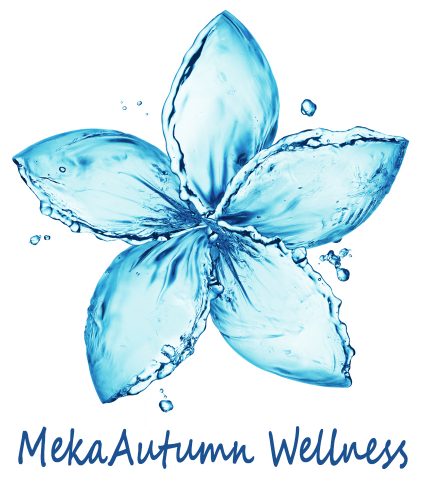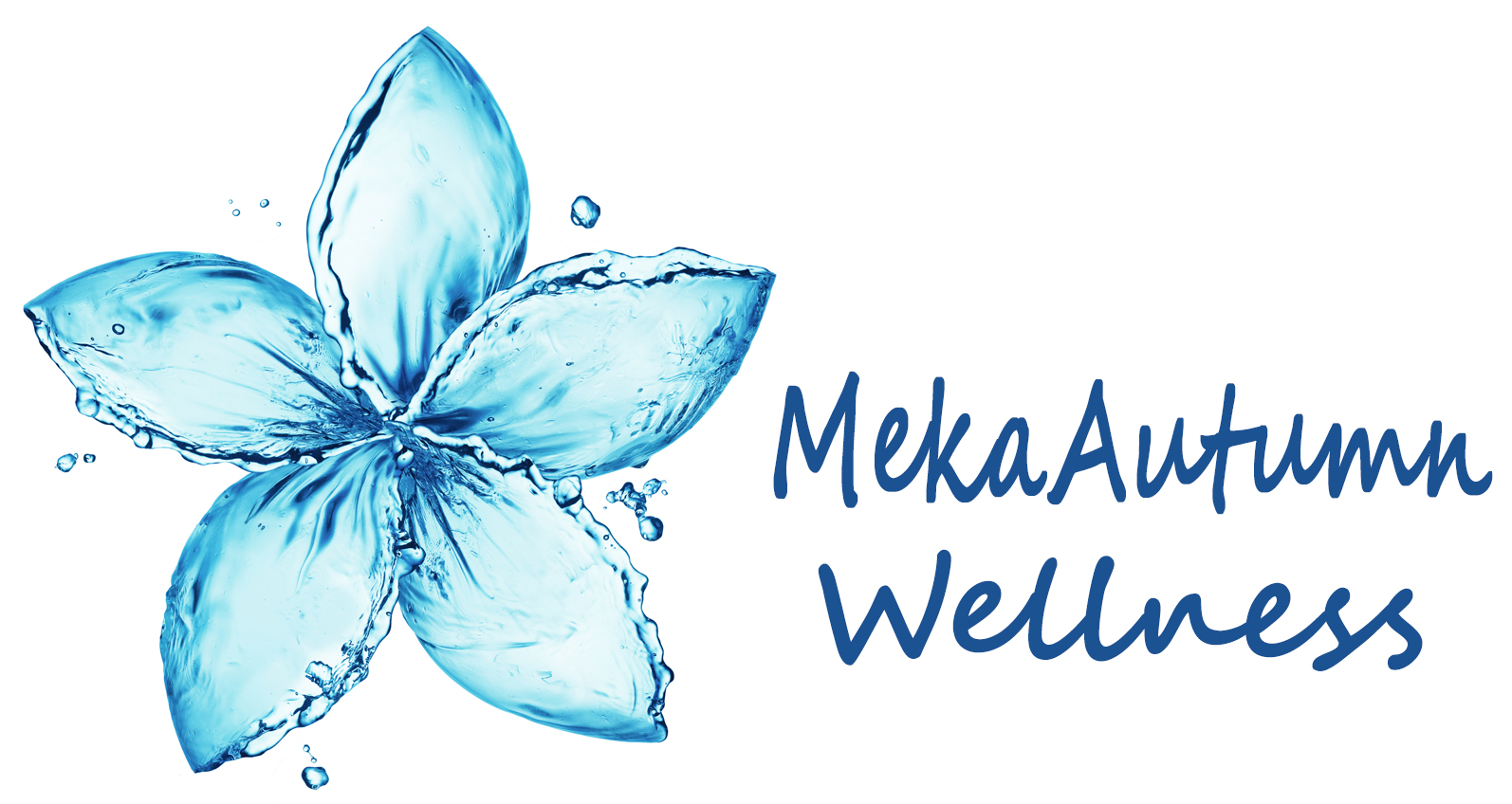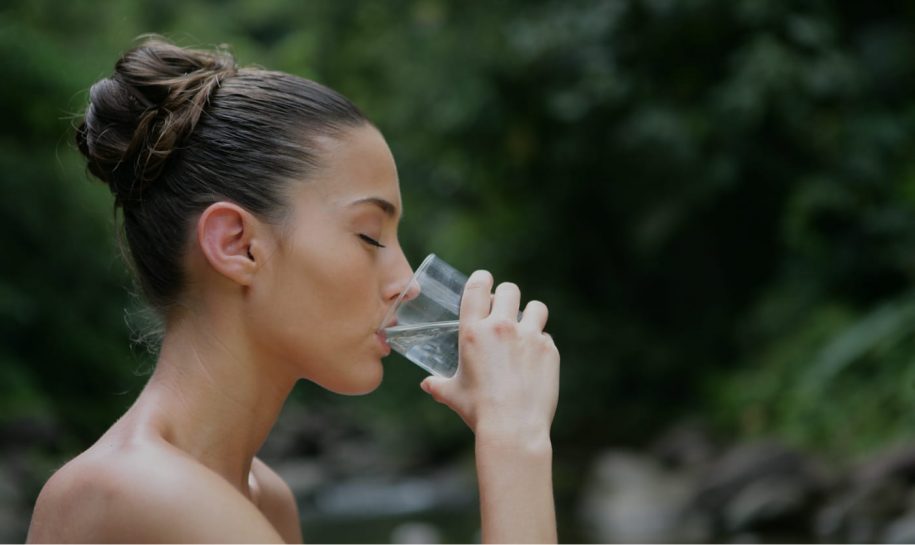The Power Of H2O
SAILING FIT
By: Meka Taulbee
ACE certified Personal Trainer
SAILFIT Inc
The Power Of H2O
During the years I have been to some regattas in some extremely hot locations. Places like Croatia, Corpus Christi and Spain just to name a few. During this summer I have seen heat exhaustion and dehydration too many times and in several of these cases the person didn’t even realize what they were suffering from.
Water deserves more credit than it is given. Surprising to most water makes up 75 percent of all muscle tissue and 25 percent of all fatty tissue. Water acts as a cushion and protects vital organs, aids the digestive system and regulates the body’s temperature by allowing heat to evaporate from the body in the form of sweat. We could not continue to live for more than a week if we deny our bodies water.
On an average the body can lose one quart of water in one hour of exercise. This of course will vary as the intensity and duration of exercise varies. Another variable is air temperature. The warmer it is outside the more the body will try to cool itself by perspiring. If there is not enough water in the body it will not be able to cool itself and will lead to a state of dehydration. If an individual continues to lose water one of three conditions related to heat illness are likely to occur. These three conditions in order of seriousness are heat stroke, heat exhaustion and heat cramps. With heat stroke the bodies temperature can elevate as high as 105° and the individual may have hot dry skin. An individual who is sweating profusely but maintains a normal body temperature is likely suffering from heat exhaustion. They may also appear pale and have a weak, rapid pulse. Heat cramps are usually dominant in active muscles such as the abdominals and calves.
With dehydration being the first symptom we encounter in the lack of water saga we should focus on prevention. If we prevent dehydration then we prevent any other heat related illness from occurring. Without the appropriate water levels in our body we will lack energy, have muscle fatigue and even loss of coordination. It seems to me that the most common complaint I hear from sailors after a day on the water is lack of energy and tired, sore, and fatigued muscles. Water anyone! Performance is affected when the body loses as little as 2% of body weight due to dehydration. If you only pick up a drink when you are thirsty you are never in a state of hydration. When the body signals thirst it has already entered a dehydrated state. It is important to have a continuous flow of fluid through the body all day long. When exercising most forget that you need to consume fluids even during exercise. After all this is when the body is working hardest to cool itself and protect itself therefore using the most of every bit of water it has. The best way to detect where you and dehydration stand with each other is in the color of your urine. When your urine is a dark gold to brown color you are at war and dehydration has won. When your urine is a pale yellow you are starting to take over and when it is clear you can celebrate a well-deserved victory. A few things to keep in mind are that if you are taking any kind of supplements they will darken the color of your urine for a few hours after consumption. Also vitamins will change the color in various ways most commonly turning urine a fluorescent yellow color.
Although the best and most commonly heard bit of advice it is also the most commonly ignored, You Must Drink Eight To Ten Glasses Of Water Per Day. This is 8-10 on any average to low activity day. To ensure you are properly hydrated during higher levels of activity here are a few guidelines to take into consideration:
- Drink 1-2 glasses of water one hour before exercise.
- Drink a glass of water 20-30 minutes before exercise
- Drink four to six ounces of water every 15-20 minutes during exercise
- Drink an additional glass of water within ½ hour after exercise
Water is the best way to replenish lost liquid and hydrate you. While many sports drinks replace electrolytes most also contain a lot of sugars and additives that the body can do without. If you lose blood you would replace it with blood not Kool-Aid so if you loose water it makes sense to replace it with water. There are many drinks that are diuretics also. A diuretic is a substance that increases the amount of urine and salt eliminated from the body. Common diuretics are Beer, Coffee, Soda and any substance containing caffeine. Alcohol being the most powerful of these substances. If you are going to be drinking alcohol or normally consume a lot of caffeinated beverages you will want to drink additional water to replace the increased amount that will be lost.
For some of you water just may not cut it. You want something with flavor or a little more zip. You can try diluting your water with a little bit of juice. Make sure it is 100 percent juice. This will add a little taste and give just a little bit of natural sugar to give you a bit of a boost when you’re on the water. If you prefer to replace some electrolytes and want to stay away from the pure Poweraid or Gatoraid type drink, try diluting your water with one of the sports drinks you like.
For many of you that know me or have seen me you can testify that I practice what I preach. I drink at least a half a gallon of water everyday. I always have a container of water in my hand and normally when I have that morning cup of coffee I have an extra glass of water with it. I can testify that since I have been drinking these quantities of water my energy has increased and I have incurred fewer exercise related injuries. So put it in a sporty bottle, add a slice of lemon or add a slice a lime you can dress it up however you like just make sure you drink up!! You just may see me handing you a bottle of water at your next regatta. As always if you have any questions or comments feel free to email me at meka@sailfit.com.




